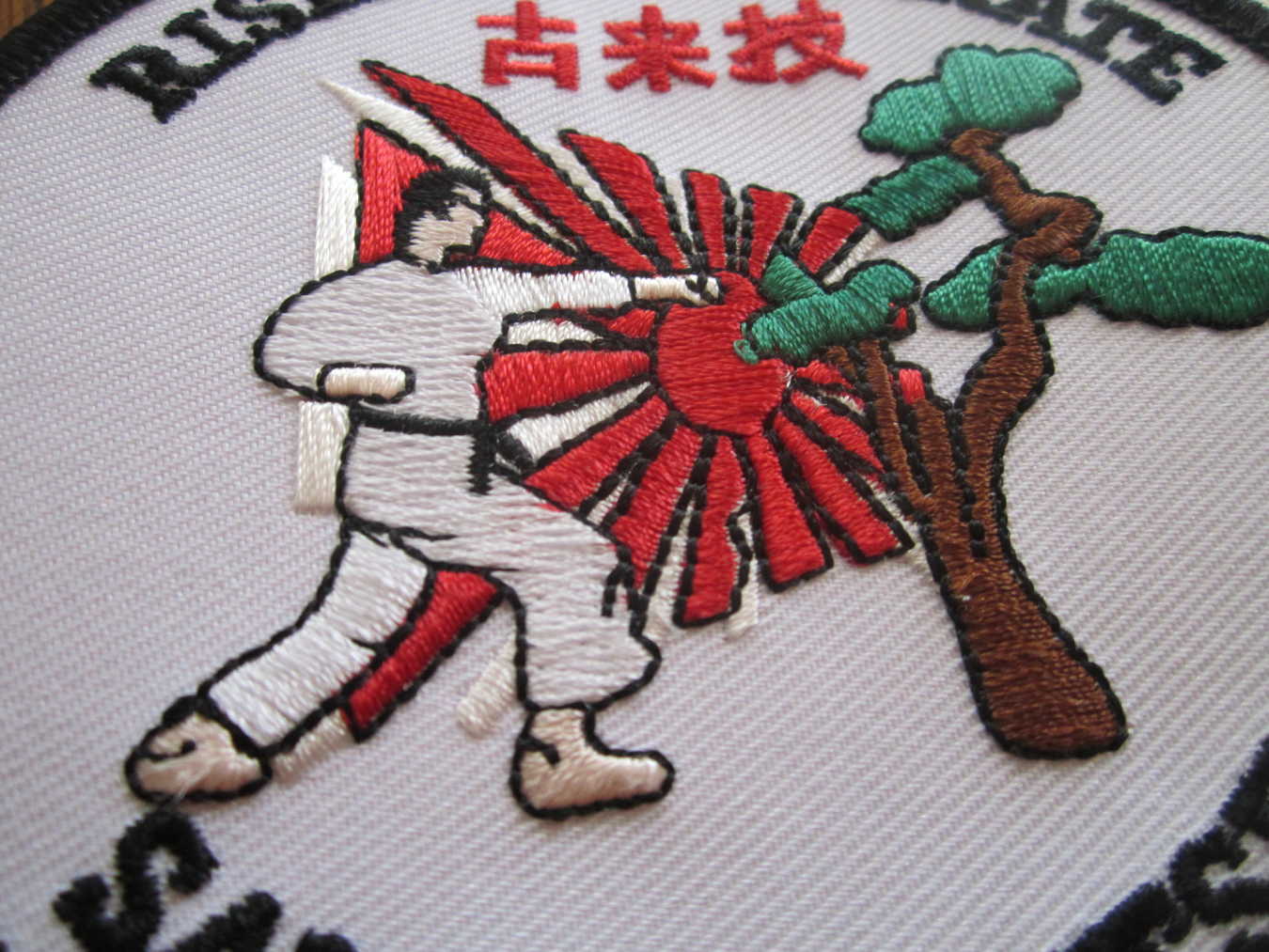I started taking karate lessons last month.
I’m fairly uncoordinated (read: I look like a toddler learning to walk) as I learn the blocks, kicks, and punches, but I’m enjoying myself. There are only a few beginners in my class, and even though I know very little, the more advanced students have shown me a lot of patience and kindness as I learn and grow.
Last week, I started learning my first kata, or karate set. A kata is a sequence of moves you learn as you test for new belt ranks, and each move is to be done with precision. My Sempei (instructor) that night was teaching me the beginning movements leading up to the set I was about the learn. She said, “Take the back of your right hand and strike the palm of your left hand. Your right hand is your power. You want to conceal your power, because you hope clear up until the time comes to use your power that you won’t be forced to use it.”
Up until the moment you are forced to fight, you are still hoping there will be another way.
Because there’s power in your hands, and that power can change lives.
Today as I read yet another war of words coursing across social media between bloggers of various beliefs and perspectives, I can’t stop thinking about the power we have. These characters we string together as words and sentences construct a reality that means something to us. The words mean something to the people who read. The words we choose -whether quickly and flippantly, or painstakingly – create something that forever alters the world for the people who encounter them.
Because there’s power in our words, and that power can change lives.
In the movie Dead Poets Society, John Keating (a teacher played by Robin Williams) says this: “No matter what anybody tells you, words and ideas can change the world.” And they can. And they do. Words have begun revolutions, driven apart families, led to reconciliation, painted worlds of fantasy that too clearly speak insight into our own world.
Words have power. And when we write, we are wielding tremendous power that can have lasting results.
When we write about places of pain, struggle, loss, and weakness, we have a choice to either offer the power of hope and healing, or the power of shame and abuse. This is the power we have, and clear up until the time we click “publish” on our newest piece of writing, we have a choice not to use the power we have. It can be easy to get caught up in the latest controversy, the latest terrible thing that controversial blogger has to say. And sometimes we have to respond. But the way we do it matters.
Because the words we write accomplish something.
In Genesis 1, God says, “Let there be,” and there was. Words are powerful because they create the realities we live in. Words change the world around us and, more specifically, words change lives.
Some of these struggles and thoughts relate mostly to blogging or published writing, but I think most of them also apply to everything we write – emails, posts on social media, letters, even the notes to our kids that we leave on the fridge. The words we use – the words we select and the way we put them all together – create the world we live in. A world that welcomes, loves, restores, and builds up; or a world that stigmatizes, shames, abuses, and destroys.
Just like my karate kata, I have to keep on practicing because the day may come when I need to use what I know. I need to write about smaller topics, engage lighthearted things, take pains as I choose my words about things that seem insignificant, because the day may come when I need to use what I know to speak light into places of deep darkness. And though the words are only my opinions, I have to own the reality that those opinions may have a profound impact on someone who reads them.

My Thoughts
